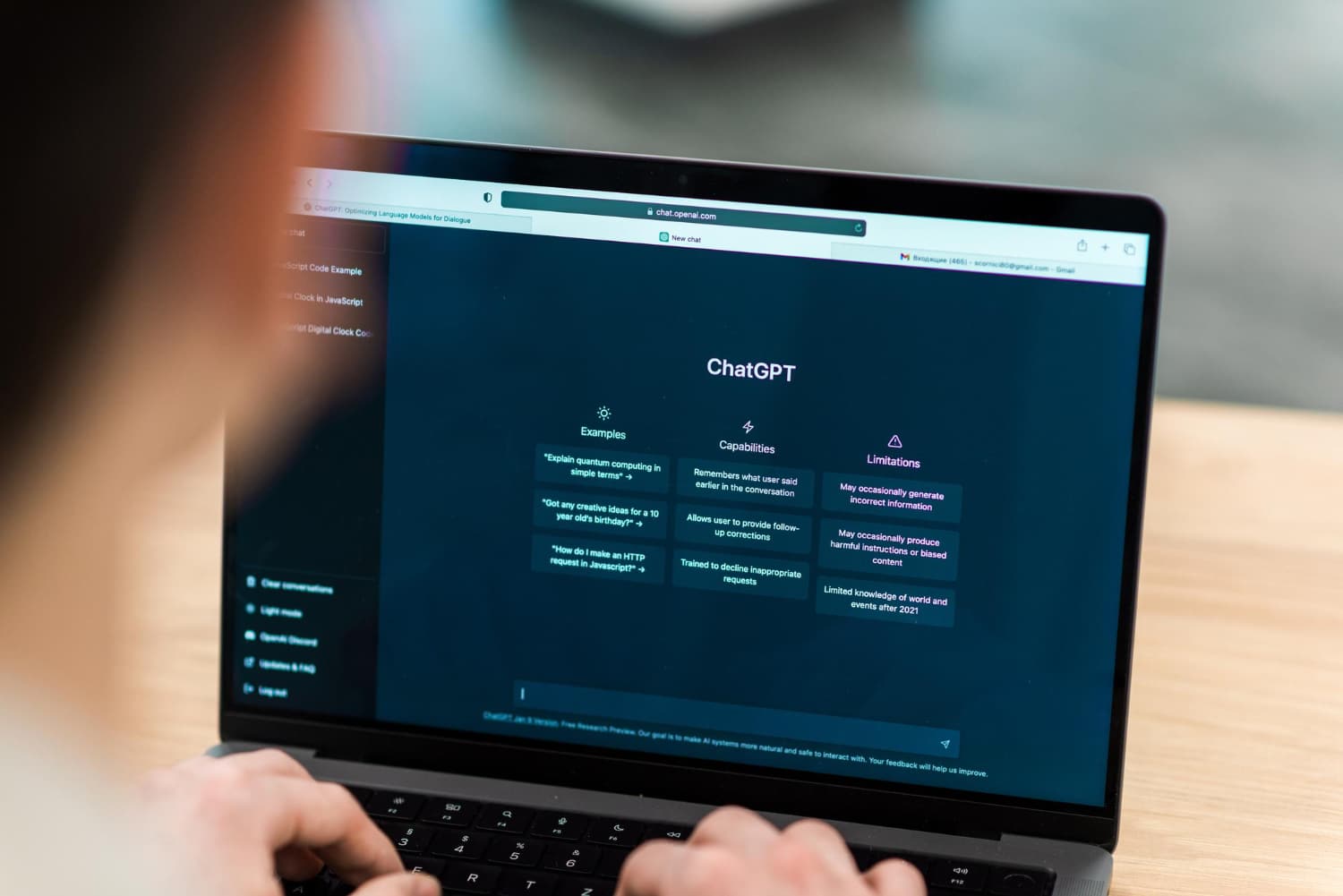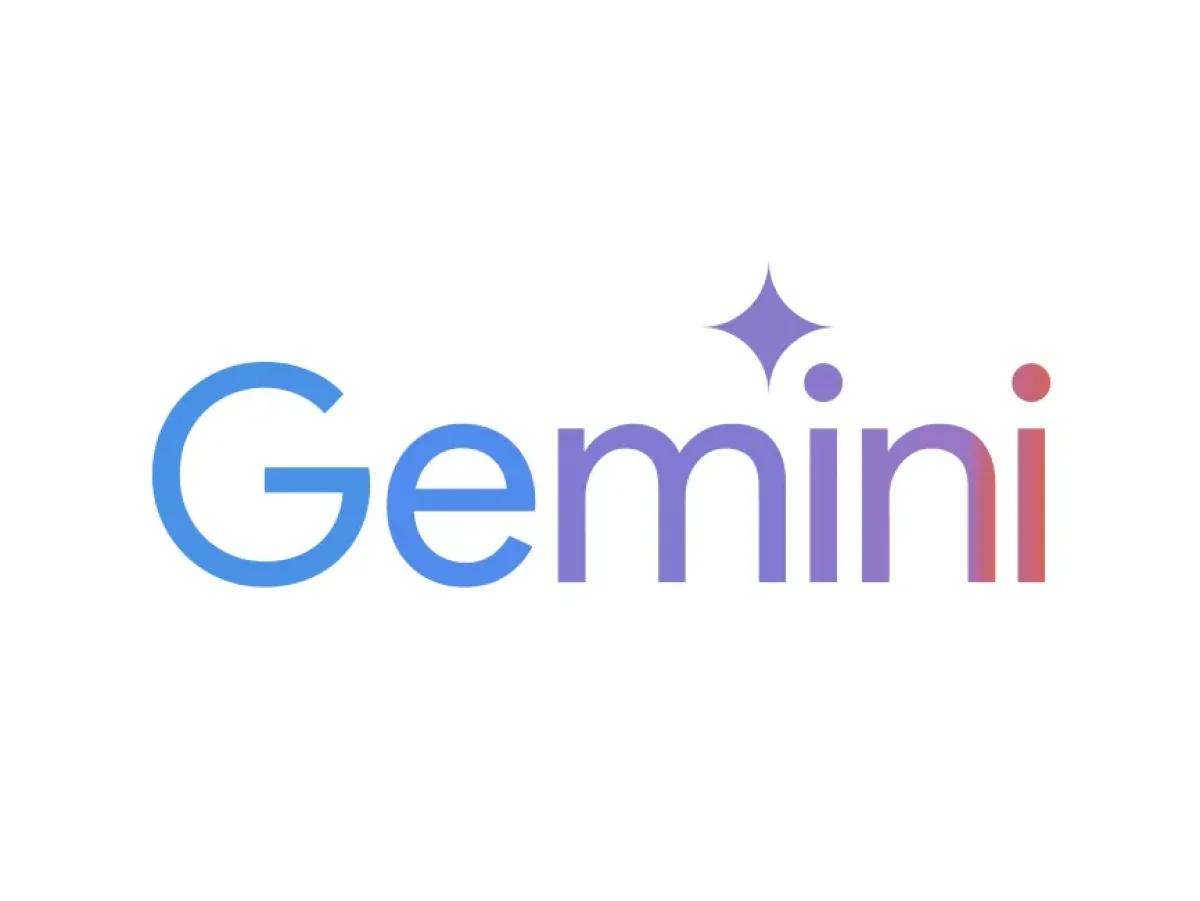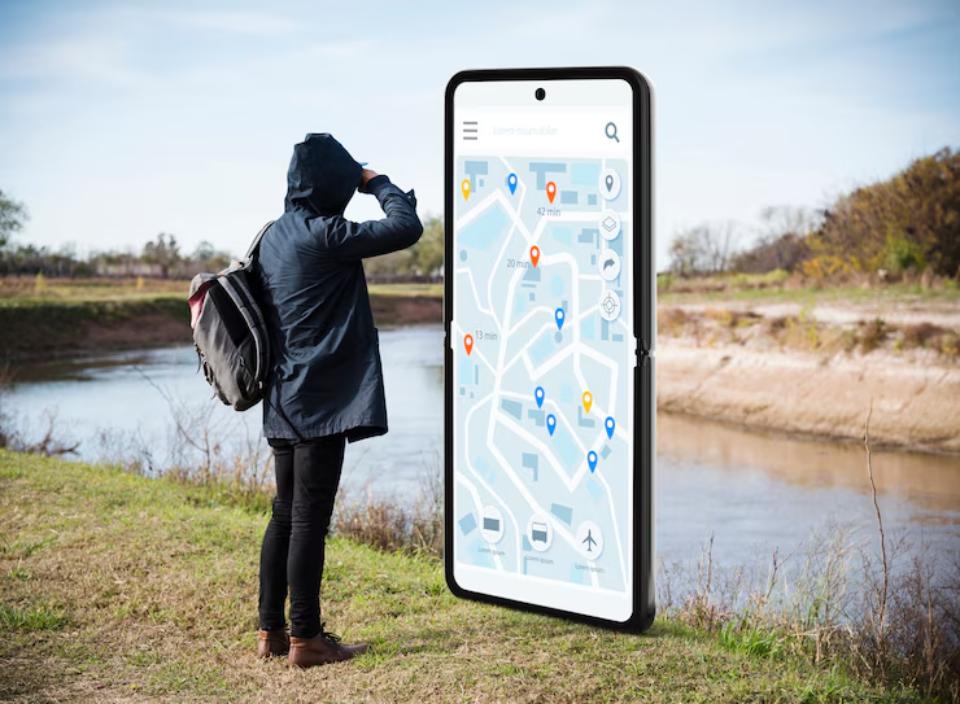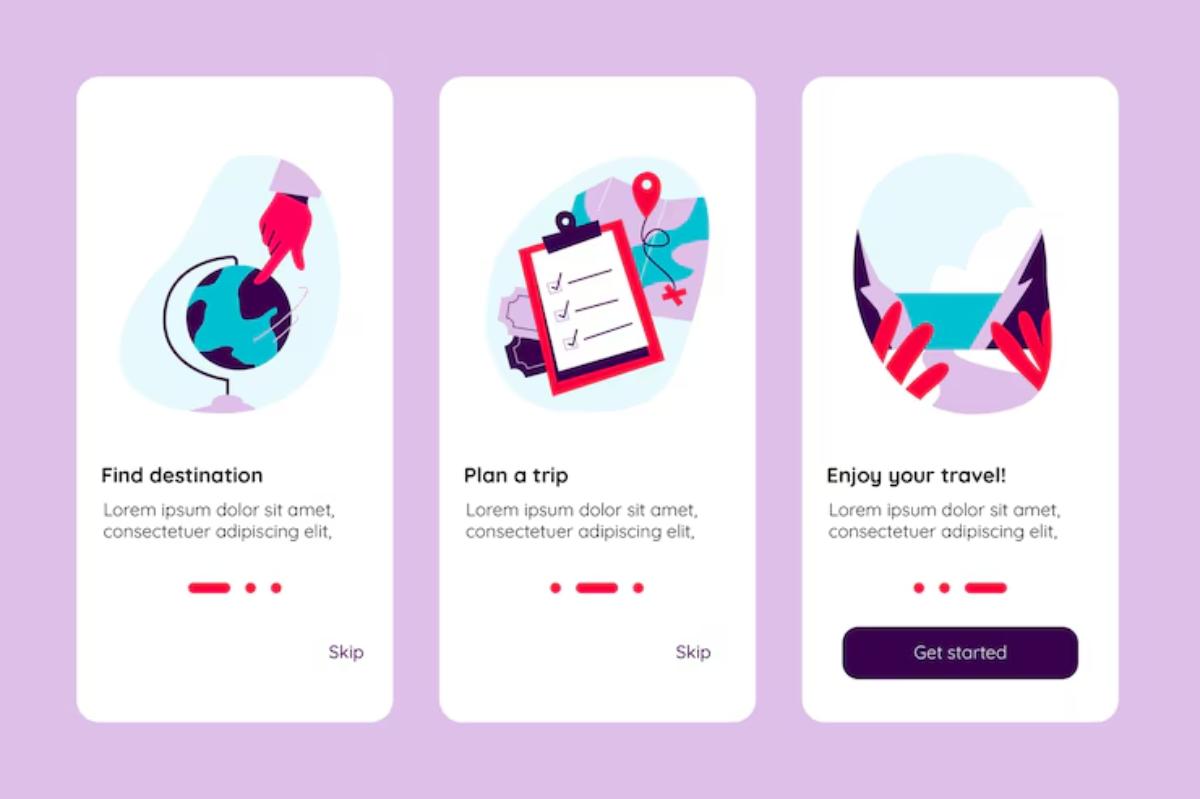
Comparing AI Travel Tools: ChatGPT vs. Gemini
Planning a trip can feel a bit like trying to complete a thousand-piece puzzle… blindfolded… while riding a rollercoaster. There are flights to book, hotels to choose, attractions to schedule, restaurant reservations to juggle, and transportation to sort out. Overwhelming? That’s an understatement.
Enter the age of AI travel assistants, ready to simplify the chaos. Among the frontrunners in 2025, two names dominate the conversation: ChatGPT travel planning and Gemini AI travel. Both have legions of fans. Both have helped countless travellers pull off seamless adventures. But how do they really stack up?
This detailed AI itinerary comparison breaks down where each shines, where they differ, and which one might be the best sidekick for your next great escape.
Why AI Travel Tools Are Booming
Before diving into the details, it’s worth asking: why the sudden explosion of AI travel planning tools?
The answer is simple. Travellers want convenience. They want flexibility. And they don’t want to spend ten hours scrolling through travel forums only to feel more confused than when they started.
AI solves this by analysing vast amounts of data in seconds. It predicts, suggests, organises, and adjusts trips automatically. Suddenly, travel planning feels less like a chore and more like part of the adventure.
Meet the Contenders: ChatGPT and Gemini
Both ChatGPT and Gemini have become household names for different reasons. Here’s a quick snapshot of each.
ChatGPT Travel Planning
Developed by OpenAI, ChatGPT has evolved into much more than a chatbot. Its conversational abilities have made it incredibly useful for AI itinerary comparison and real-time trip guidance. Many travellers use it as a first step to brainstorm ideas, craft day-by-day plans, and troubleshoot changes on the go.
Gemini AI Travel
Gemini, powered by Google DeepMind technologies, takes a slightly different approach. Gemini integrates with Google’s suite of products, pulling in real-time calendar data, maps, flights, and hotel bookings to offer a personalised, fully synced travel experience. It’s like having an AI concierge with access to your travel ecosystem.
Round 1: Trip Research and Brainstorming
Let’s be honest—half the fun of planning a trip is daydreaming about possibilities. Here’s where both tools flex their strengths.
ChatGPT
ChatGPT shines as a travel brainstorming wizard. Ask it for “a 5-day foodie itinerary in Tokyo” or “hidden beaches in southern Italy” and the suggestions flow like a friendly, well-informed local. ChatGPT’s natural language skills offer something that feels conversational and surprisingly human.
Gemini
Gemini excels in structured searches. It connects with Google Search and Maps to pull live suggestions and reviews. Users can get more up-to-the-minute information, especially for trending hotspots or temporary exhibitions.
Verdict: For big-picture planning and idea generation, ChatGPT often feels warmer and more creative. Gemini is more pragmatic and up-to-the-minute.
Round 2: Building the Itinerary
Once the destination is chosen, it’s time to put the puzzle pieces together.
ChatGPT
ChatGPT can draft full itineraries in seconds, neatly divided by days, locations, and activity suggestions. It offers flexibility and even suggests local tips, alternative routes, or weather considerations. However, it relies on user prompts to fine-tune changes.
Gemini
Gemini integrates directly with Google Calendar and Gmail. Flight confirmations, hotel bookings, and tour reservations automatically populate an itinerary. Users get a visually clean timeline of their day-to-day plans.
Verdict: Gemini offers more automation. ChatGPT offers more flexibility and depth when a tailored or highly specific itinerary is needed.
Curious about tools that combine the best features of both? Explore How AI is Personalising Travel Experiences in 2025 for an overview of how cutting-edge AI tools are creating custom journeys.
Round 3: Booking and Integration

ChatGPT
At present, ChatGPT does not directly handle travel bookings. It provides recommendations and links, leaving users to complete bookings themselves. Some users prefer this approach to maintain full control.
Gemini
This is where Gemini shines. As part of the Google ecosystem, it pulls hotel bookings, rental cars, and flights from your Gmail confirmations and adds them to your itinerary. It can also suggest nearby restaurants and allow bookings through integrated platforms.
Verdict: Gemini wins for hands-free booking and integration, especially for those who already use Google services extensively.
Round 4: Real-Time Problem Solving
Travelling rarely goes 100% to plan. Flights get delayed, tours get cancelled, weather changes, and dinner reservations fall through.
ChatGPT
ChatGPT offers advice, alternative suggestions, and even templates for refund request emails. It feels like having a calm, knowledgeable friend in your pocket.
Gemini
Gemini delivers proactive alerts. Users are notified of delays or cancellations, often before the airline contacts them. Alternate flights or routes are suggested immediately.
Verdict: Gemini is faster in real-time rebooking. ChatGPT provides better emotional support and creative alternatives.
Round 5: Language Assistance and Local Navigation
ChatGPT
ChatGPT offers basic translation help and tips for navigating local customs, transport, or etiquette. It can simulate conversations in many languages.
Gemini

Thanks to integration with Google Translate and Google Maps, Gemini offers live spoken translations and walking directions with precise, real-time updates.
Verdict: Gemini leads when navigating in real time. ChatGPT is more conversational when practising phrases or learning local etiquette beforehand.
The X-Factor: Personality and User Experience
Here’s where it gets fun.
ChatGPT
ChatGPT excels in tone and style. It can tell stories, share trivia, offer humour, and chat like a travel buddy. The experience feels warmer and more intuitive. It’s the go-to for brainstorming, research, and detailed itinerary crafting.
Gemini
Gemini feels more like a professional assistant—efficient, fast, and organised. It excels at cutting through the noise to provide exactly what’s needed, with little small talk.
Verdict: It depends on preference. Want a chatty travel partner? ChatGPT. Want a laser-focused organiser? Gemini.
Privacy and Data Security
Both tools prioritise privacy, but there are distinctions.
ChatGPT
ChatGPT sessions are anonymous unless connected to a personal account. Users control how much personal data they share.
Gemini
Because it connects to personal Google accounts, Gemini has deeper access to personal data like Gmail, Calendar, and location history. This enhances functionality but may raise privacy concerns for some users.
Verdict: ChatGPT feels safer for the privacy-conscious. Gemini offers convenience at the cost of greater data sharing.
Pricing and Accessibility
ChatGPT
ChatGPT offers both free and premium tiers. The free tier is highly capable for travel research. Paid versions unlock faster responses and access to more advanced features.
Gemini
Gemini is currently integrated into many free Google services but may introduce additional premium travel features in the future.
Verdict: ChatGPT provides excellent value even at its free level. Gemini’s integration with free services makes it budget-friendly for those already deep in the Google ecosystem.
The Bottom Line: Which One Wins?
There’s no simple answer because each traveller is different. Here’s a quick recap:
| Feature | Winner |
| Brainstorming Ideas | ChatGPT |
| Real-Time Updates | Gemini |
| Booking & Integration | Gemini |
| Emotional Support & Creativity | ChatGPT |
| Local Navigation | Gemini |
| Data Privacy | ChatGPT |
| Personality | ChatGPT |
| Automation | Gemini |
The perfect choice depends on travel style:
- ChatGPT travel planning is ideal for those who love personalisation, conversational planning, and flexibility.
- Gemini AI travel is perfect for efficiency-focused travellers who want everything synced automatically without micromanaging.
For travellers debating which itinerary management app might complement these tools, check out Comparing Itinerary Tools: TripIt vs. Wanderlog to get even more ideas.
The Future of AI Travel Assistants
The landscape is only getting better. Expect AI assistants to:
- Sync across devices and platforms even more smoothly.
- Integrate wearable technology for on-the-go help.
- Offer more immersive travel previews (imagine virtual walkthroughs of your hotel room).
- Get smarter about sustainability and ethical travel recommendations.
Travelers in 2025 are no longer asking, “Should I use an AI assistant?” but rather, “Which one works best for me?”
Final Thoughts

AI hasn’t replaced the spirit of adventure. It’s enhanced it.
The stress of figuring out last-minute logistics, navigating unfamiliar cities, and keeping track of bookings? That’s what AI handles now. Travellers get to reclaim the joy of discovery, the thrill of a new culture, the awe of an unforgettable sunset without worrying about whether the dinner reservation went through.
ChatGPT and Gemini represent two remarkable paths forward. The good news? Whichever you choose, you’re set for smoother, smarter, and more personalised journeys ahead.


